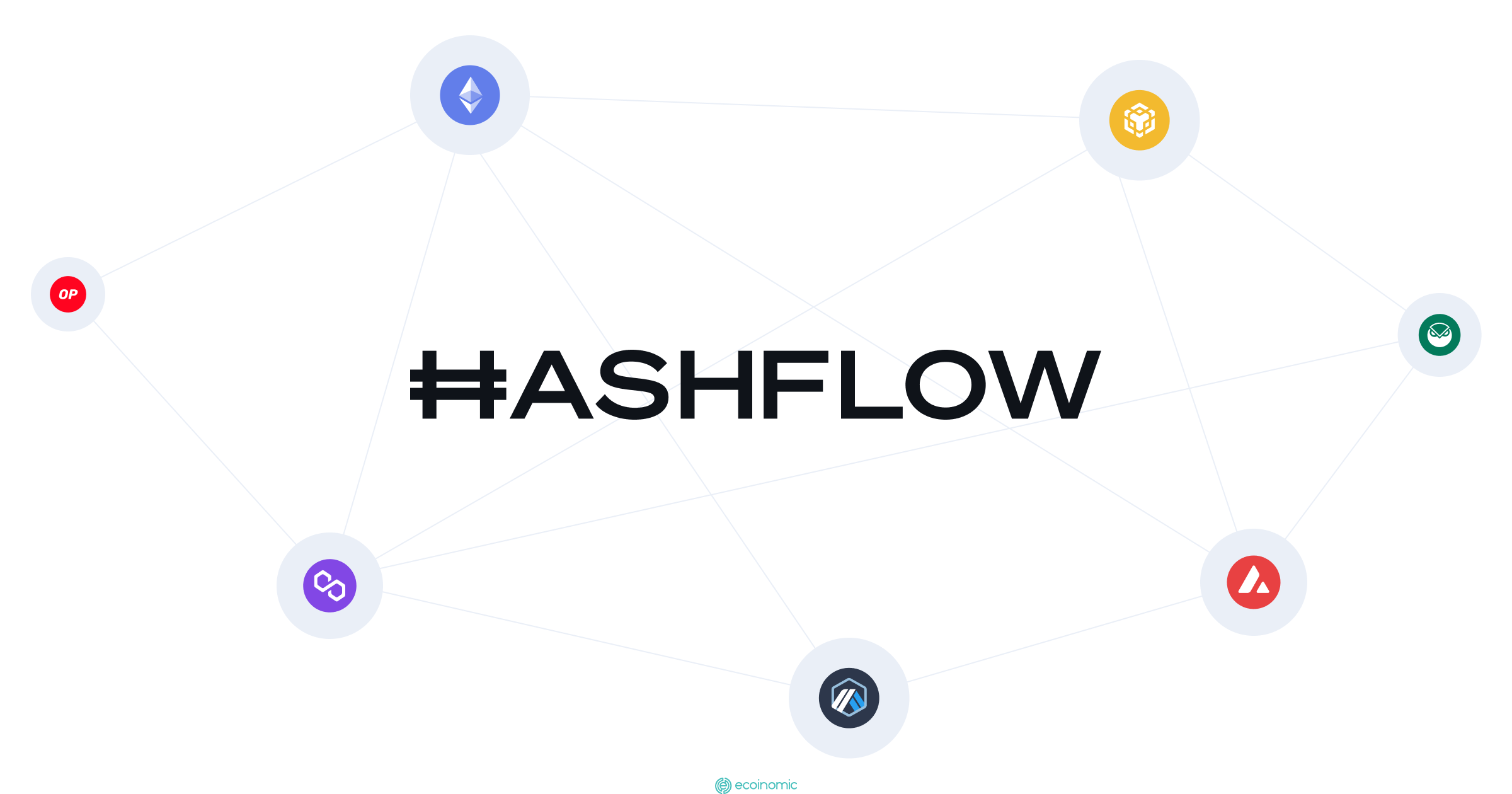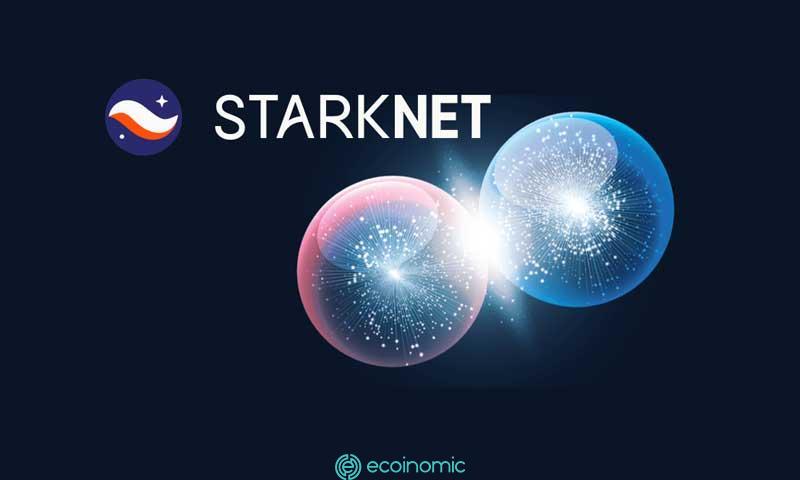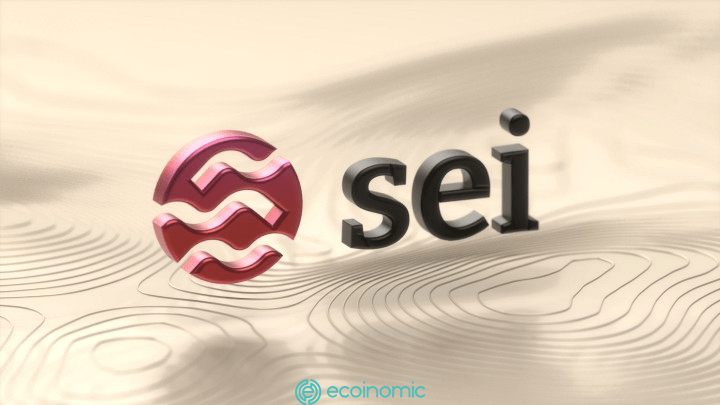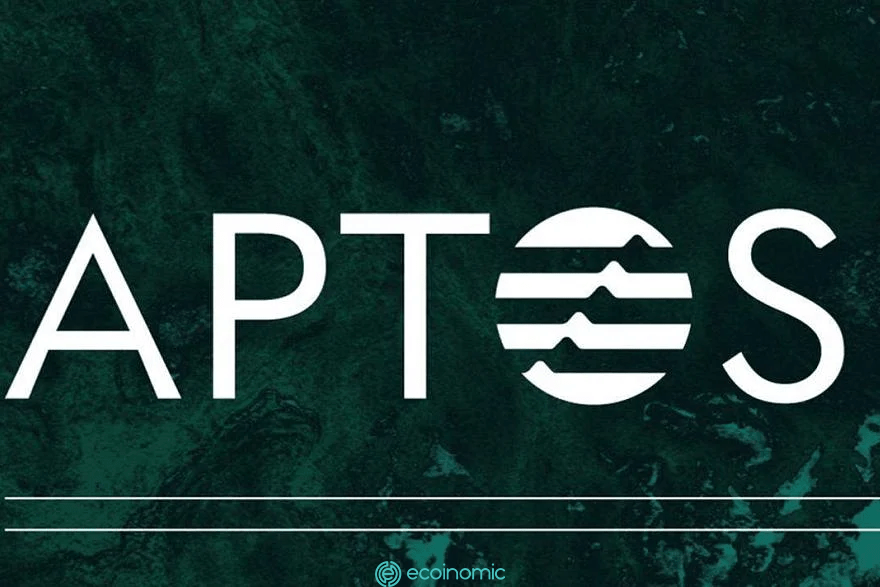Advertisement
If you’re looking for new crypto projects, Aptos is definitely a promising option that offers potential investment opportunities.
Let’s explore the Aptos ecosystem in the following article to jump at the chance with Aptos!
What is Aptos?
Aptos is a layer 1 blockchain with greater usability, scalability and security than the Ethereum or Solana blockchains.
Aptos uses Move, the secure and reliable language originally developed by Diem Blockchain.
Aptos’ mission is to provide secure blockchain with fair and global access to decentralized assets for billions of people around the world.
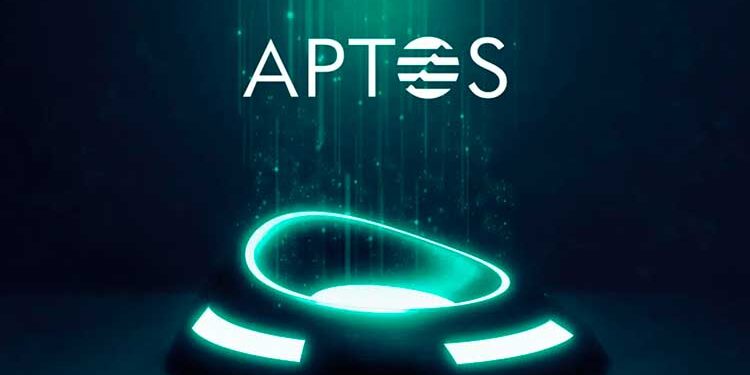
>>> Related: Get to know wallets on Aptos – The gateway to the ecosystem
Key features of Aptos
Block-STM technology
With a parallel execution engine, Aptos can simultaneously handle and validate multiple transactions at the same time. Failed transactions will be canceled, detected errors, and re-executed thanks to STM.
That speeds up transactions while maintaining low fees. Aptos’ testnet has reached transaction speed of 130,000 transactions per second.
Move programming language
Aptos is based on the Move programming language – a programming language on Rust independently developed by Meta. With flexible processing and secure storage on the blockchain, Move allows users to identify custom resources that cannot be copied or removed, helping to protect transactions from cyberattacks.
BFT consensus protocol
Unlike other consensus protocols that follow the order of transactions, Aptos separates the consensus mechanism from the execution process and allows separate and parallel running to optimize the time it takes to confirm transactions.
Aptos created the BFT tool to validate most transactions in just two network transfers that is faster than the voting mechanism of conventional consensus protocols.
>>> Related: Join the Testnet with Pontem Wallet – Opportunity to get airdrop with Aptos ecosystem
Aptos Labs Founding Team
Aptos was founded by Mo Shaikh (CEO) and Avery Ching (CTO). Previously, Shaikh and Ching worked together on the Diem blockchain project at Meta.
Shaikh is a leading expert in product scaling and is experienced in the Venture Capital market. Meanwhile, Ching is one of the principal software engineers at Meta and has led many successful innovative development projects. When Meta decided to stop the Die project, Shaikh and Ching decided to build Aptos Labs with the aim of “building layer 1 for everyone”.
Besides, the founding team of Aptos Labs also has many other famous PhDs, researchers, engineers and strategists such as Zekun Li, Max Kaplan, J ake Skinner, Alden Hu , Greg Nazario, Alin Tomescu, David Wolinsky,…
Aptos investors and partners
Aptos quickly secured a $200 million strategic funding round from Andreessen Horowitz, Multicoin Capital and Haun Ventures in March. It then received $150 million in Series A funding led by FTX and Jump Crypto of Sam Bankman-Fried in late July.
Furthermore, Binance Labs has doubled its investment in Aptos, raising the blockchain startup’s valuation to $4 billion.
Aptos has partnered with other companies to build foundational tools for the Move ecosystem and accelerate growth. Aptos has announced a partnership with Google Cloud to offer technology allowing Aptos node to be set up in less than 15 minutes.
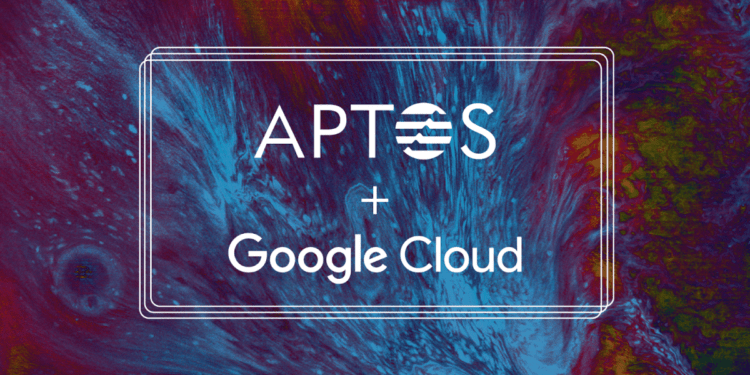
Roadmaps of Aptos
- 2022 Q1 (15/03): Launch devnet for developers
- 2022 Q2: Start Incentivized Testnet
- 2022 Q3: Launch mainnet.
- 2022 Q4 – 2023 Q1: Roll out the next release with development features
Tokenomic Aptos
Initial supply
The initial Total Supply of Aptos (APT) at Mainnet is 1 billion tokens.
| Category | % of initial token distribution | Initial tokens |
| Community | 51,02% | 510.217.359.767 |
| Major contributors | 19,00% | 190.000.000.000 |
| Foundation | 16,50% | 165.000.000.000 |
| Investors | 13,48% | 134.782.640.233 |
Distribution schedule for the Aptos community and founding team
These tokens are used to fund and encourage other community development initiatives. Some tokens will be allocated to projects built on the Aptos protocol and will be released upon completion of certain milestones. The majority of these tokens (410,217,359,767) are held by the Aptos Foundation and a smaller portion (100,000,000) are held by Aptos Labs. These tokens are expected to be distributed over a ten-year period:
- 125,000,000 initial APT to support current and future ecosystem projects, grants, and other community development initiatives for the community category
- 5,000,000 APT available initially to support the Aptos Foundation initiatives for the Foundation category.
- 1/120 of the remaining tokens for the community and the fund are expected to unlock every month for the next 10 years
Distribution schedule for key contributors and investors
All current investors and major contributors must follow a 4-year lockdown schedule from the launch of the mainnet, unlocking according to the following schedule:
- No APT available for the first 12 months
- Three-quarters of the tokens will unlock in the 13th month after the mainnet launch and each month thereafter until and including the 18th month
- 1/4 of the tokens unlocked each month thereafter beginning on the 19th month after the mainnet launch so that all tokens are unlocked on the four-year anniversary of the mainnet launch
Estimated token offering schedule
Today, more than 82% of tokens on the network are staked across all categories, and the majority of these are currently locked in accordance with the above distribution schedule and are not available for release.
Expected token supply changes
- Token holders who stake tokens to validator operators for the purpose of securing the network and reaching consensus can receive staking rewards.
- Fixed rewards are split between validator and staker operators and are not limited to distribution.
- Currently, the maximum reward rate starts at 7% annually. The maximum reward rate decreases by 1.5% annually until the lower limit of 3.25% annually
- These rewards increase the total supply of the Aptos network and depend on the amount of staking and the performance of the validator.
- Transaction fees are currently burned which may be revisited in the future with on-chain governance voting
- All rewards and reward mechanisms can also be changed through on-chain governance
Differences between Aptos and other Layer 1 blockchains
Aptos vs. Solana
Aptos and Solana have similar transaction speeds due to the same parallel execution engine. However, with redundancy, each block in Aptos is synchronized with the leading Nodes and neighboring nodes. That requires higher calculations so Aptos is more reliable than Solana.
Aptos vs. Avalanche
Under optimal testing conditions, Aptos performed better than Avalanche. Avalanche can complete transactions about 0.7 seconds faster than Aptos. However, in real-world conditions, the time Avalanche takes to achieve the final result is usually about 0.3 seconds slower than Aptos.
Avalanche’s transaction speed is about 4,500 TPS while Aptos achieves between 130,000 and 160,000 TPS. Aptos excels in usability, prioritizing lower fees than Avalanche.
Aptos vs. Ethereum
Aptos outperforms Ethereum in terms of transaction speed. Aptos can complete transactions in less than a second while Ethereum takes more than a minute. Ethereum has only one main CPU, while Aptos operates on 16 CPUs.
However, Ethereum remains the more popular choice than Aptos with stability in operation and almost uninterrupted performance.
Conclusion
Aptos stands out in the competition of layer 1 blockchains, attracting a lot of attention from developers and the crypto investment community.
With professional development team and outstanding transaction processing speed, Aptos promises to become a potential investment, ushering in a revolution in the blockchain and cryptocurrency ecosystem. However, investors need to research carefully to make accurate assessments and appropriate investment decisions.

